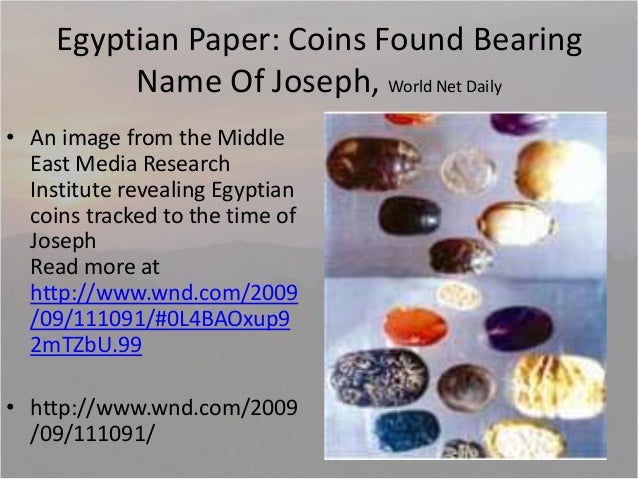Wa alaikum salaam, my friend.Peace be on all.
"......It was this currency which was initially adopted as an Arab word; then near the end of the 7th century the coin became an Islamic currency bearing the name of the sovereign and a religious verse. ......"
Dirham - Wikipedia, the free encyclopedia
(already some lines given in #4 by friend Aupmanyav)
Please see how some people translated the specific verse.
George Sale: And they sold him for a mean price, for a few pence, and valued him lightly.
M. M. Pickthall: And they sold him for a low price, a number of silver coins; and they attached no value to him.
Ahmad and Samira: And they bought him with a reduced/unjust price, counted/numbered silver coins , and they were in him from the indifferent/uninterested .
T. B. Irving: They sold him for a trifling price, just a few coins which were counted out. They were quite indifferent about him,
Thank you for these translations. They are saying that Joseph was not sold for dirhams, but for a few coins or a few pennies, although the Quranic verse uses the word "dirhams".
Let's assume though that by dirham, the Quran's author just meant coins, or pennies. The problem that still remains is that there were no coins in Egypt during the time of Joseph.
There were no coins at that point anywhere in the world. Coins were not invented until the 7th century BC.
History of Coins
The history of coins extends from ancient times to the present. Coins are still widely used for monetary and other purposes. Any history of coins is going to be very incomplete, money being a central theme in human history since its invention. One could approach the history of minting technologies, the history shown by the images on coins, the history of economics, the history of coin collecting or collectors, or many other topics. A recently published history of the greatest treasures and hoards ever found is fascinating reading. Many histories have been published of the politics around the creation of a single coin, notably the crime of 1873 and its connection to silver coinage of the United States. The history of mining, and various gold and silver rushes and their associated pioneer coining efforts are also extremely interesting reading. Even something as lowly as the history of counterfeiting leads one in a thousand interesting directions. Numismatics is, by its very nature, the study of history. Coins have often been referred to as "History in Your Hands."
All histories of coins begin with their invention between 643 and 630 B.C. in Lydia. Since that time, coins have been the most universal embodiment of money. These first coins were made of electrum, a naturally occurring pale yellow mixture of gold and silver. The most famous and widely collected coins of antiquity are Roman coins and Greek coins. The Byzantine empire minted many coins, including very thin gold coins bearing the image of the Christian cross and various Byzantine emperors.
History of the Coin

